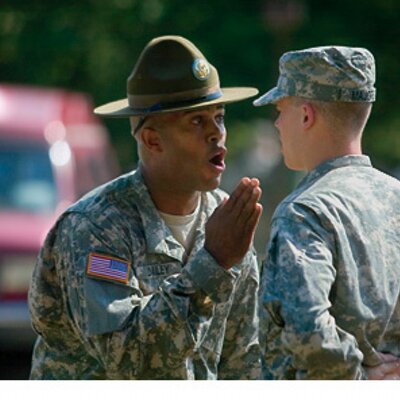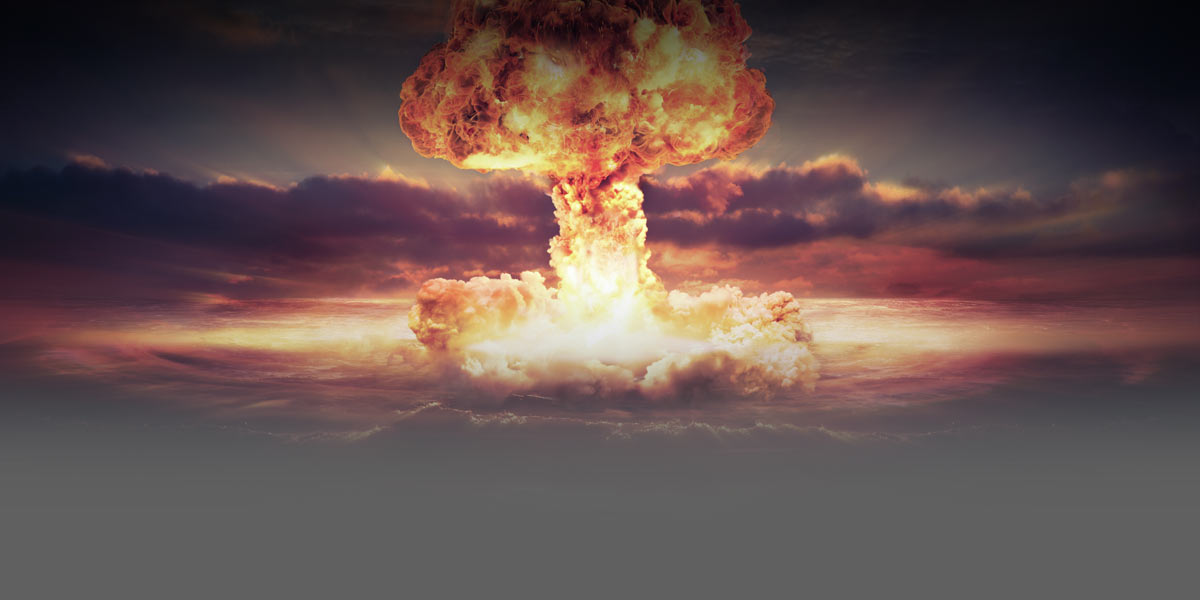The phrase "No good deed goes unpunished" is of uncertain origin, but certainly applies to the Soviet soldier and chemist Boris Libman.
Libman was born to a wealthy Jewish family in
Latvia in the brief period between the World Wars.
Libman was just 18 years old in 1940 when the Russians invaded and made his
country into a Soviet state. During the
occupation, the invaders confiscated his family’s property and possessions and
drafted Boris into the Soviet Army.
He was seriously wounded in combat twice; the second time he was left for dead. He survived, but (as we shall see) his paperwork was not so healthy. After the war Libman applied to study at the Moscow Institute for Chemistry tuition-free as an honorably discharged disabled veteran. He was turned down because according to Army records he was dead. With months of work, he was able to prove he was in fact alive and not trying to steal a dead man’s benefits.
He was seriously wounded in combat twice; the second time he was left for dead. He survived, but (as we shall see) his paperwork was not so healthy. After the war Libman applied to study at the Moscow Institute for Chemistry tuition-free as an honorably discharged disabled veteran. He was turned down because according to Army records he was dead. With months of work, he was able to prove he was in fact alive and not trying to steal a dead man’s benefits.
In 1949 he earned a master’s degree and went to work in
Stalingrad to develop a production facility for Sarin--nerve gas. Despite his treatment by the Soviets, Libman believed in communism and wanted to help with what he saw as the defense of his
nation. Libman worked on lab studies and
on setting up a pilot plant. The main
source of information of the Soviet team was captured German scientists who
were less than fully cooperative. Libman
was not only a talented chemical engineer, but was fluent in German—a fact he
kept from the captured scientists.
Libman listened as the Germans spoke among themselves and was able to
get information that the Germans were hiding from their captors.
Most of the hardware for the Sarin plant was confiscated
from a German wartime production facility.
For the new parts, Libman had to work with Soviet producers, and so the
projected ground to a halt several times.
In the centrally planned Soviet economy, production was measured by the
weight of delivered machinery. So the
small, specialized parts Libman ordered for completing the Sarin plant were of
low priority and often poor quality. It
was a full decade before the Sarin plant at Stalingrad was in full
production. The year before, in 1958,
Boris Libman was named chief engineer at the Stalingrad plant. In 1961 he led development of a new facility
to produce Soman nerve agent. Again poor
quality parts slowed development of the plant.
By 1963, Soviet plans for war against NATO called for a surprise attack
with overwhelming use of chemical agents, including nerve gas. Libman was under considerable political
pressure to get the Soman line in production.
So he cut corners. In
particular, the Stalingrad plant had a containment pond
with toxic breakdown products of nerve agents in concentrations 100 times
acceptable levels. In February 1965,
snow melt caused flooding throughout the region. The containment pond overflowed its dikes and
spilled into the Volga River. In less
than two days the dike was repaired and no immediate problems were
evident.
But on June 15 tens of thousands of sturgeon floated belly
up in the Volga, making the river white with dead fish for 50 miles downstream
from Stalingrad. Experts determined that
it took four months for the toxins to build up to deadly levels. Outrage swept down the river and across the
region. The government needed a
scapegoat. On March 9, 1966, Boris
Libman was stripped of the Lenin prize he earned in building the Stalingrad
plant, fined two years pay, and sentenced to two years at a labor camp.
Unlike so many others, Libman’s tale does not end in a
Soviet labor camp. After just a year he
was released: the Soman plant was so complicated that the Soviets could find no
one else who could run it. Boris
returned to the land of the living once again.
In 1999 he left the Russian Federation and came to America. He lived in Philadelphia until his death a decade ago.
Some of the mess created by chemical weapons was eventually cleaned up by French chemists, including Armand Lattes.











